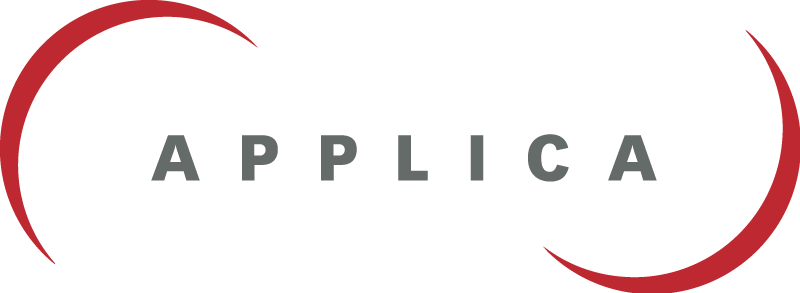The ESF+ Data Support Centre aims to support Member States and the European Commission at the production of ESF, FEAD and ESF+ (shared management strand) statistics, including methodological and harmonisation aspects.
It provides methodological support to the Commission and Member States; develops and reviews ESF, FEAD, and ESF+ data plausibility and consistency checks; and aggregates and synthesises ESF, FEAD, and ESF+ monitoring data.
The ESF+ Data Support Centre is run by ICF SA in association with Alphametrics Ltd, Ockham IPS and Applica.
